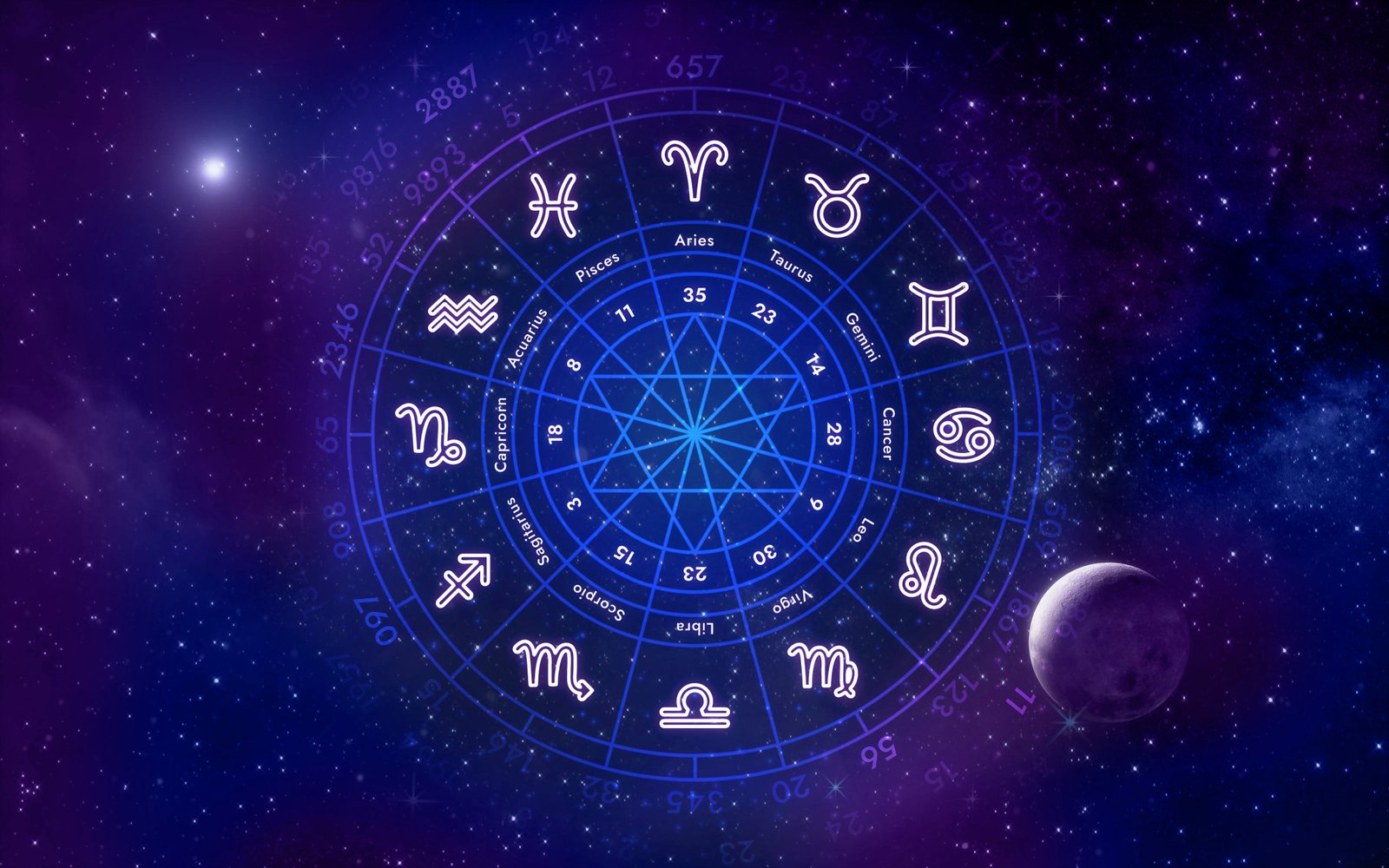Introduction:
Astrology, often regarded as the language of the cosmos, has captivated humanity's imagination for millennia. From ancient civilizations to modern societies, the study of celestial bodies and their purported influence on human affairs continues to intrigue and inspire. In this blog post, we delve into the intricacies of astrology, examining its history, principles, and contemporary relevance.
The Origins of Astrology:
The origins of astrology can be traced back to ancient Mesopotamia, where early astronomers observed the movements of celestial bodies and correlated them with earthly events. Mesopotamian astrologers developed the first astrological system, dividing the sky into twelve segments, each associated with specific constellations and celestial phenomena. This foundational framework laid the groundwork for subsequent astrological traditions across cultures and civilizations.
Principles of Astrology:
At its core, astrology is based on the belief that celestial bodies, including the sun, moon, planets, and stars, exert influence on human lives and the natural world. Astrologers interpret this influence through various techniques, including charting the positions of celestial bodies at the time of a person's birth. The resulting astrological chart, or horoscope, serves as a personalized map of cosmic energies, revealing insights into one's personality, relationships, and life path.
The Zodiac: A Celestial Tapestry:
Central to astrology is the zodiac, a celestial band divided into twelve astrological signs, each associated with specific personality traits, characteristics, and archetypes. From the adventurous spirit of Aries to the intuitive depth of Pisces, the zodiac offers a rich tapestry of human experiences and expressions. By exploring the unique qualities of each sign, individuals can gain deeper self-awareness and understanding of their place in the cosmos.
Astrological Houses and Aspects:
In addition to the zodiac signs, astrological charts are divided into twelve houses, each representing different areas of life, such as career, relationships, and spirituality. The relationships between celestial bodies within these houses, known as aspects, further illuminate the dynamics at play in an individual's life. Through careful analysis of these astrological components, practitioners gain insight into patterns, challenges, and opportunities for personal growth and fulfillment.
Contemporary Applications:
While astrology has ancient roots, its relevance endures in the modern world. In an era marked by uncertainty and rapid change, many turn to astrology as a source of guidance, comfort, and self-discovery. Astrological insights can inform decisions, deepen interpersonal connections, and foster a greater sense of alignment with the universe's rhythms and cycles. Moreover, astrology continues to evolve, adapting to contemporary contexts and embracing diverse perspectives and practices.




